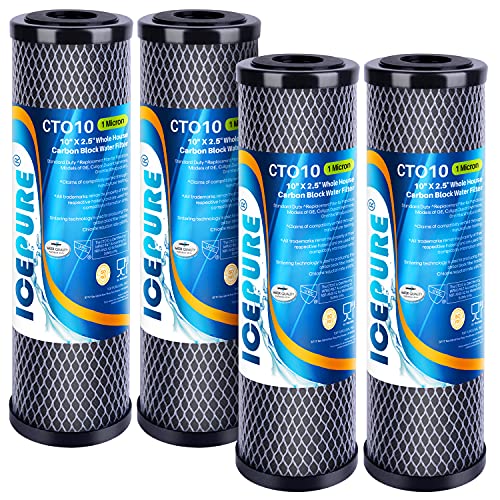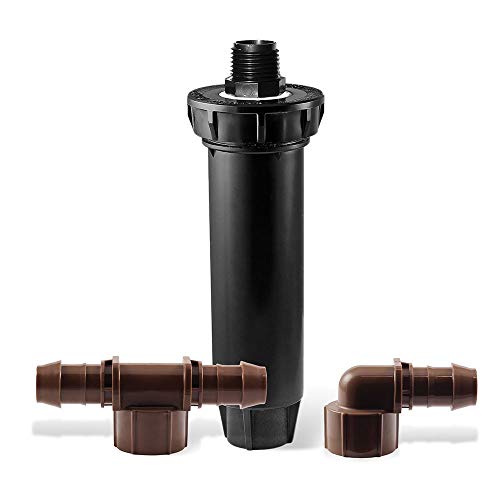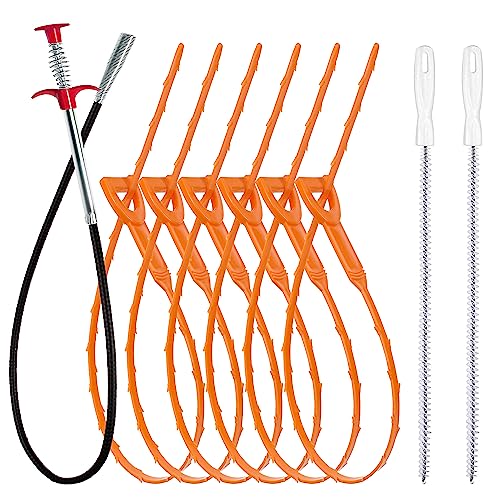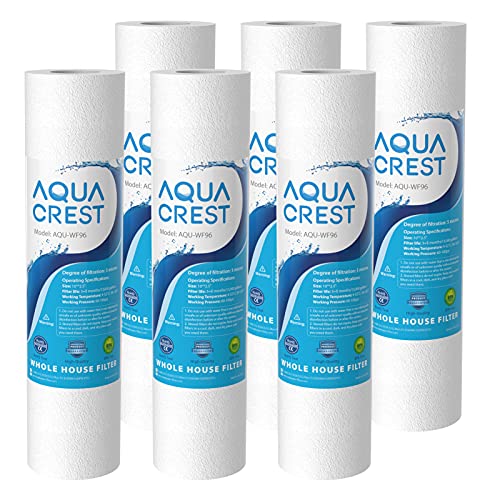I recently installed a Whirlpool hot water heater (Model No. ND50T122-403) in my home. I connected the water heater to the copper piping in my home using dielectric unions. Within a week or two of installing the water heater I noticed that I would get a burst of brown rust colored water the first time I used the hot water heater after it had sat overnight or while I was away at work. When I disconnected the dielectric unions I could see rust on the galvanized nipple of the dielectric union (see photos). I tried replacing the unions and made sure that I did not over tighten them to ensure that there would not be any inadvertent contact between the dissimilar metals. This did not help and I started noticing the brown rust colored water within days of installing the new unions. When I drain water from the tank at the spigot at the bottom of the tank the water is clear.
Does anyone have any ideas as to what might be causing the corrosion and what I may be able to do to correct the issue? Thanks in advance for your help.



Does anyone have any ideas as to what might be causing the corrosion and what I may be able to do to correct the issue? Thanks in advance for your help.


















































![MEISTERFAKTUR drain snake 2.0 [50 FT] - with drill attachment - Ideal plumbing snake for sink and drain unblocking - Solid drain auger for real DYIs! (50 FT - 1/4 inch)](https://m.media-amazon.com/images/I/41VwmTiOsgL._SL500_.jpg)










